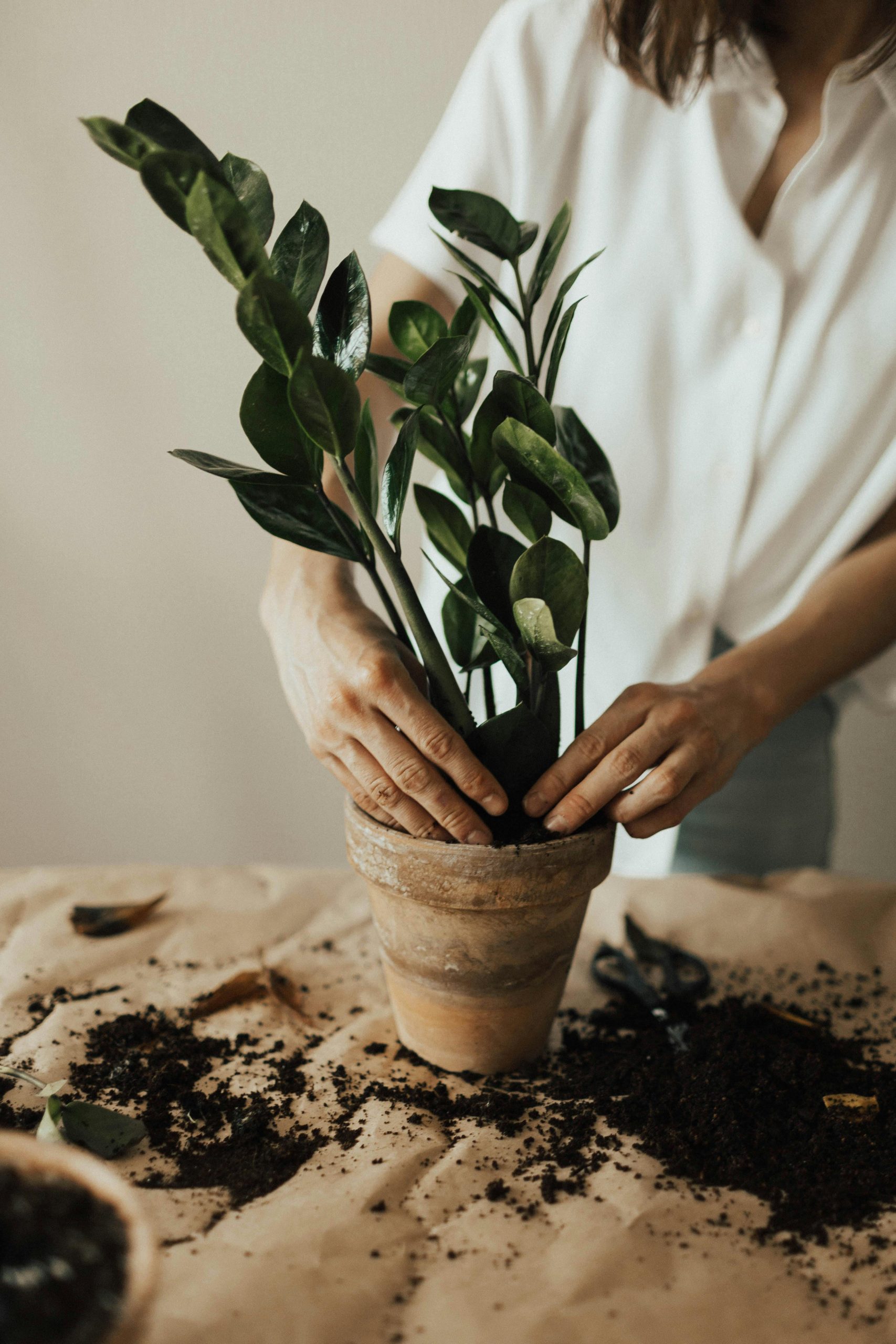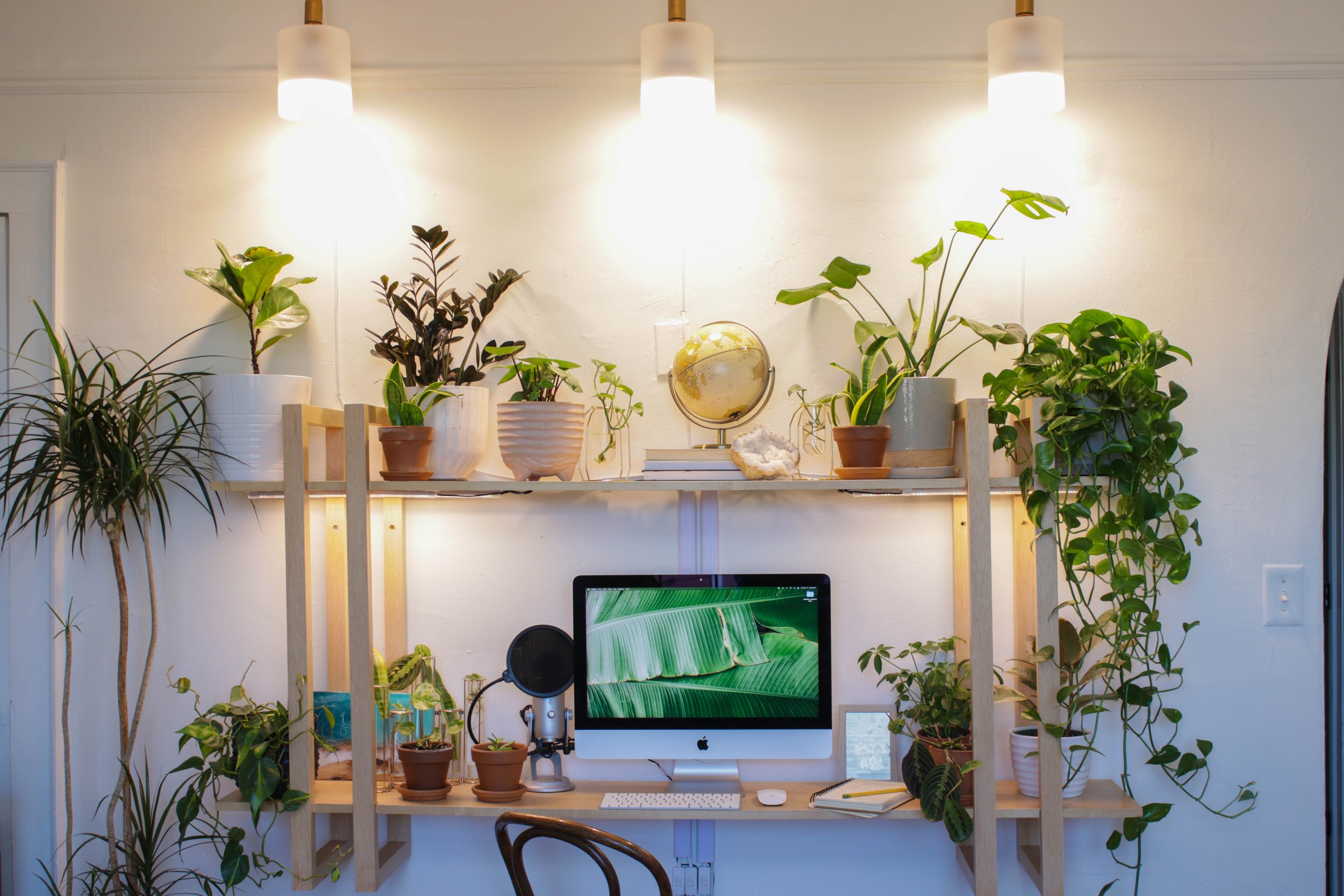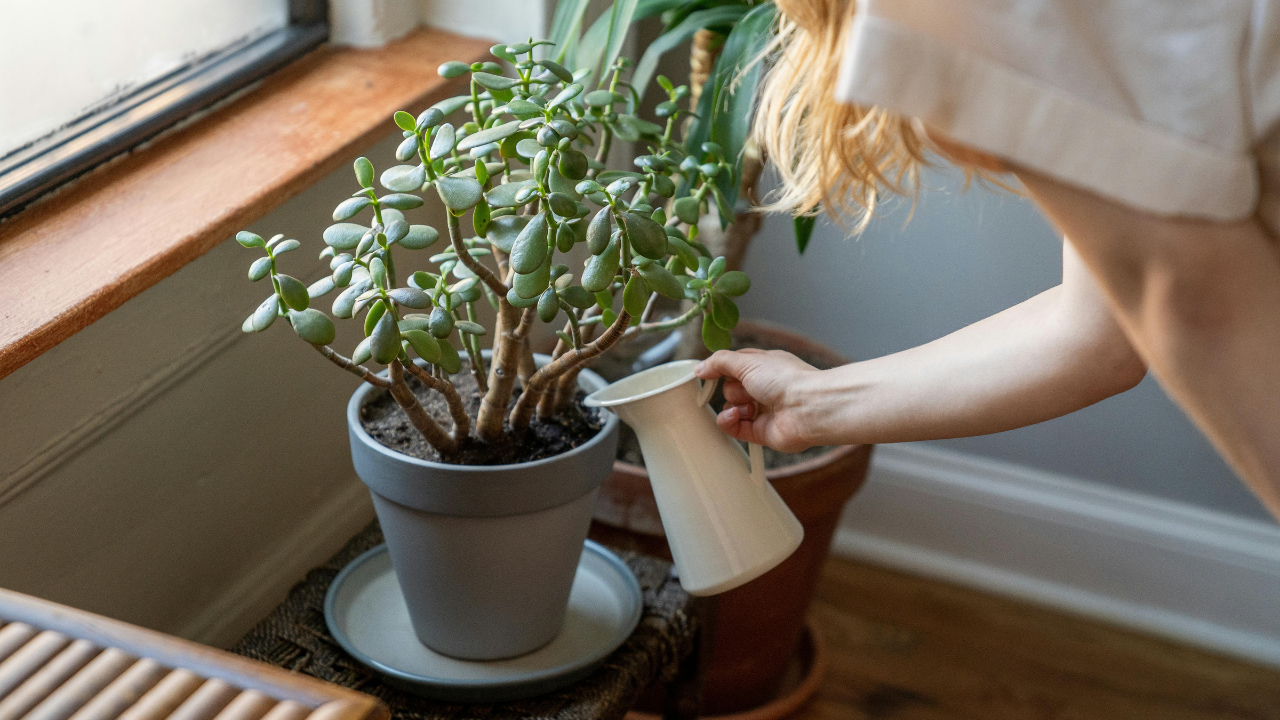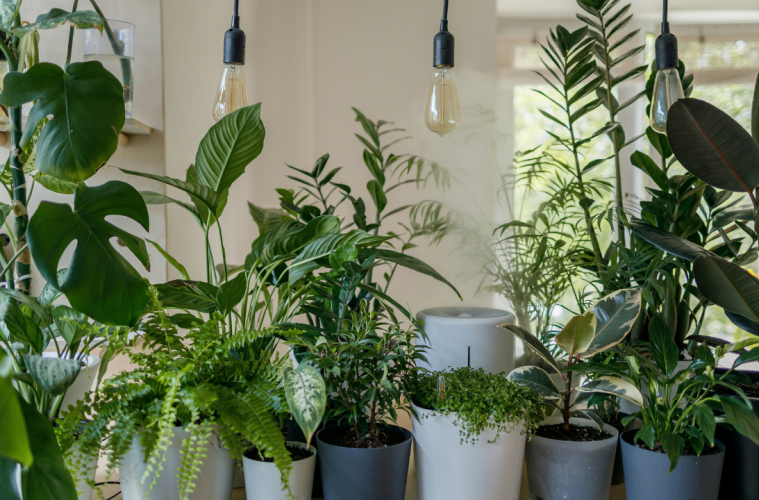Houseplants not only add vibrancy to indoor spaces but also contribute to healthier air quality and a calming ambience.
However, ensuring their well-being doesn’t have to come at the expense of the environment. Embracing sustainable practices in plant care is not only eco-friendly but also straightforward.
Here are some simple strategies to care for your houseplants more sustainably:
Choose sustainable potting mix
Opt for organic or locally sourced potting mixes that are free from synthetic chemicals. Look for mixes that use renewable resources like coconut coir or peat-free alternatives. These mixes are not only better for your plants but also minimise the environmental impact of production and disposal.
Repurpose plant containers
Instead of buying new pots, consider upcycling items like old tins, jars, or wooden crates as plant containers. This not only adds a unique touch to your indoor garden but also reduces waste by giving new life to unused items.

Pexels
Conserve water
Be mindful of water usage by watering your plants efficiently. Use a watering can with a narrow spout to deliver water directly to the soil, minimising runoff and evapouration. Collect rainwater to use for watering your plants, reducing the need for treated tap water.
Opt for natural pest control methods
Avoid harsh chemical pesticides and opt for natural alternatives like neem oil or insecticidal soap to combat pests. These options are effective against common houseplant pests and are less harmful to beneficial insects and the environment.
Practice sustainable feeding
Rather than relying solely on synthetic fertilisers, consider making your own compost or organic plant food. Composting kitchen scraps not only reduces waste but also provides nutrient-rich soil amendments for your plants.
Use energy-efficient lighting
If supplementing natural light with artificial sources, choose energy-efficient LED grow lights. These lights consume less electricity and have a longer lifespan compared to traditional incandescent bulbs, reducing overall energy consumption.

Unsplash
Rotate and prune your plants regularly
Encourage healthy growth and reduce plant stress by rotating your houseplants periodically to ensure even light exposure. Regularly prune your plants to remove dead or damaged foliage, promoting new growth and overall plant health.
Choose low maintenance variety plants
Select houseplants that thrive in your specific indoor environment with minimal intervention. Low-maintenance varieties like snake plants, pothos, or spider plants require less water and attention, making them ideal for busy or beginner gardeners.

Pexels
Share and swap with family members or neighbours
Engage with your local gardening community by participating in plant swaps or sharing cuttings with friends and neighbours. This not only diversifies your plant collection but also reduces the demand for new plants and promotes a sense of community.
Stay committed
Lastly, commit to learning and adapting sustainable practices over time. By staying informed about eco-friendly gardening methods and continuously improving your plant care routine, you can make a positive impact on both your indoor oasis and the planet. By making small changes and adopting eco-conscious habits, you can nurture your plants while reducing your environmental footprint.
ALSO SEE: Understanding the difference between potting soil and potting mix
Understanding the difference between potting soil and potting mix
Feature image: Pexels


